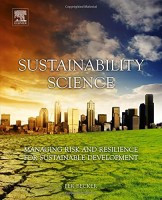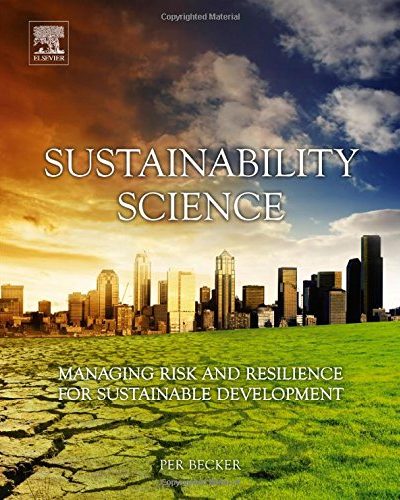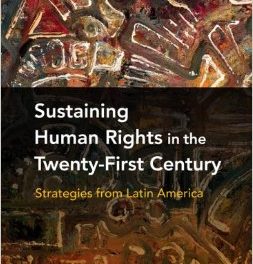 Author: Per Becker
Author: Per Becker
Publisher: Elsevier – 295 pages
Book Review by: Sonu Chandiram
In this book the author Per Becker explores approaches to sustainable development because there is increasing risk to our environment that puts the quality of our lives and even our very survival in the future in question.
He writes: “ the increasing complexity and dynamic character of our world demand conceptual and practical approaches to sustainable development that help us to grasp and manage uncertainty, complexity, ambiguity, and dynamic change.”
His book is broadly divided into three areas that define the state of our world, what approaches we should take to evaluate the extent of our problems, and what we must do to change our present conditions and our future lives. So here is how this book is organized:
- Introducing the Book
- State of the World
- Our Past Defining Our Present
- Our Sustainability Challenges
- Our Disturbances, Disruptions, and Disasters in a Dynamic World
- Approaching the World
- Conceptual Frames for Risk, Resilience and Sustainable Development
- Resilience – From the Panacean to the Pragmatic
- The World As Human-Environment Systems
- Changing the World
- Science and Change
- Developing Capacities for Resilience
- Social Change for a Resilient Society
- Concluding Remarks
In essence, the author asserts that we are in dire straits, with depleting natural resources and climate change that points to our future as bleak. What we are doing (or not doing, depending on how you look at our situation) is clearly unsustainable.
The four characteristics of the current and upcoming condition of our environment – ambiguity, complexity, dynamic change, and uncertainty – make it increasingly difficult for us as the only species with intelligence on our earth to continue on our present reckless path of eventual extinction.
The author points out that we face not only the problems of climate change and environmental degradation; we also face poverty, disease and disasters, for which we have not found effective long-term, broad-based solutions. When mass hunger, epidemics, and large scale natural disasters strike us, we do not have the means to face them and prevent massive loss of lives.
How will you benefit from this book? It provides you four benefits. It:
- Shows how disturbances, disruptions, and disasters have always been intrinsic byproducts of the same human-environment systems that supply us with opportunities. As well as what implications that has for policy and practice towards sustainable development today.
- Introduces and a new approach for grasping and addressing issues of risk and resilience in relation to sustainable development that is firmly rooted in a comprehensive philosophical and theoretical foundation and clearly linking the conceptual with the practical.
- Presents a holistic agenda for change that includes a more explicit role of science, reinforced focus on capacity development and the overall necessity of fundamental social change.
- Features more than 150 figures, full-color photographs, diagrams, and illustrations to highlight major themes and aid in the retention of key concepts.
Per Becker manages the Centre for Societal Resilience and is Associate Professor of Risk Management at Lund University in Lund, Sweden.







